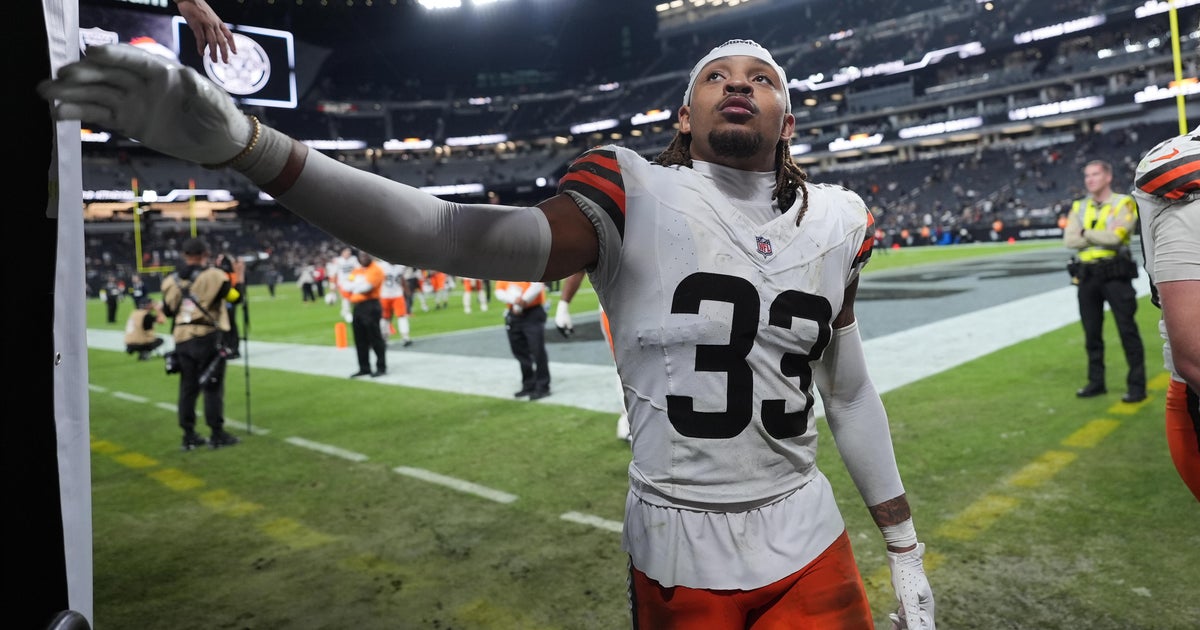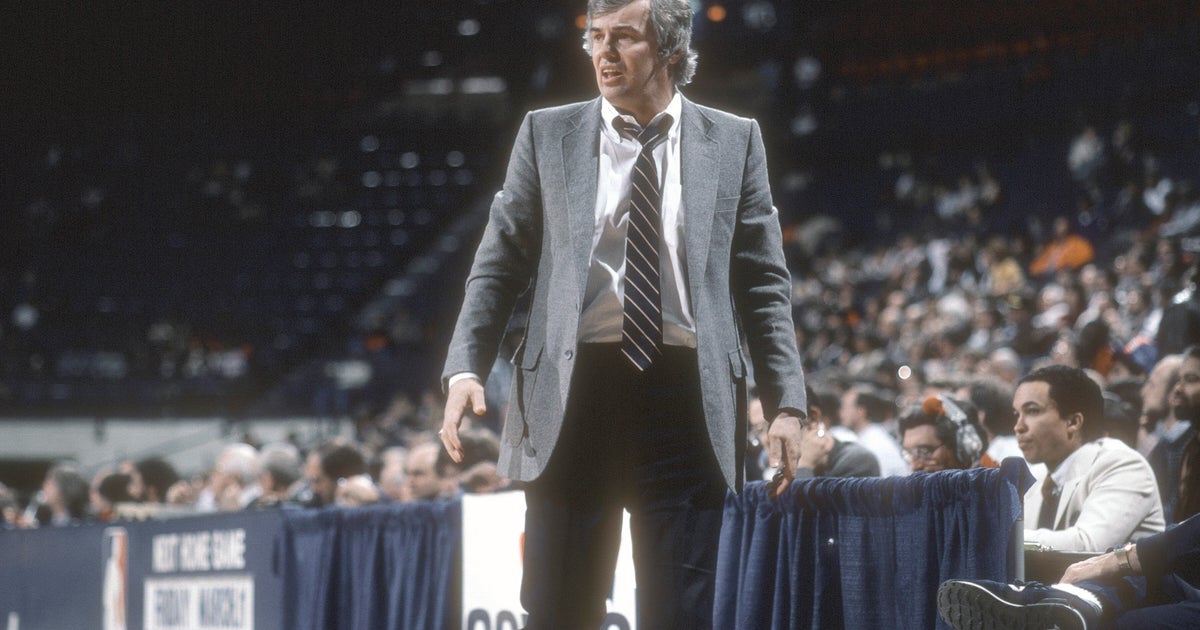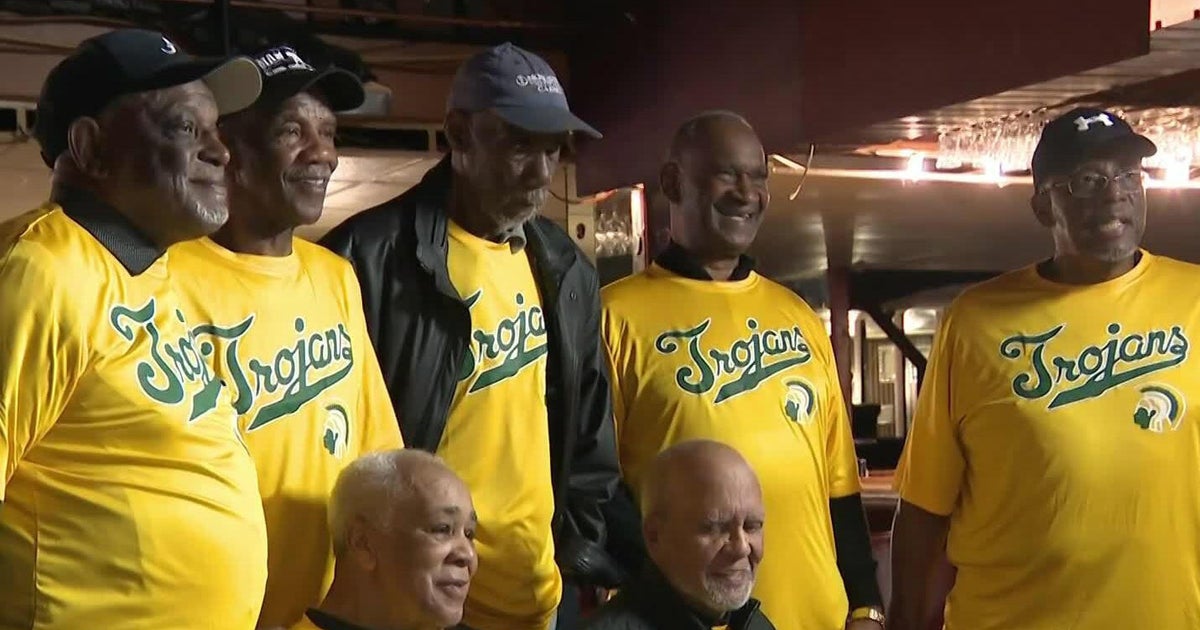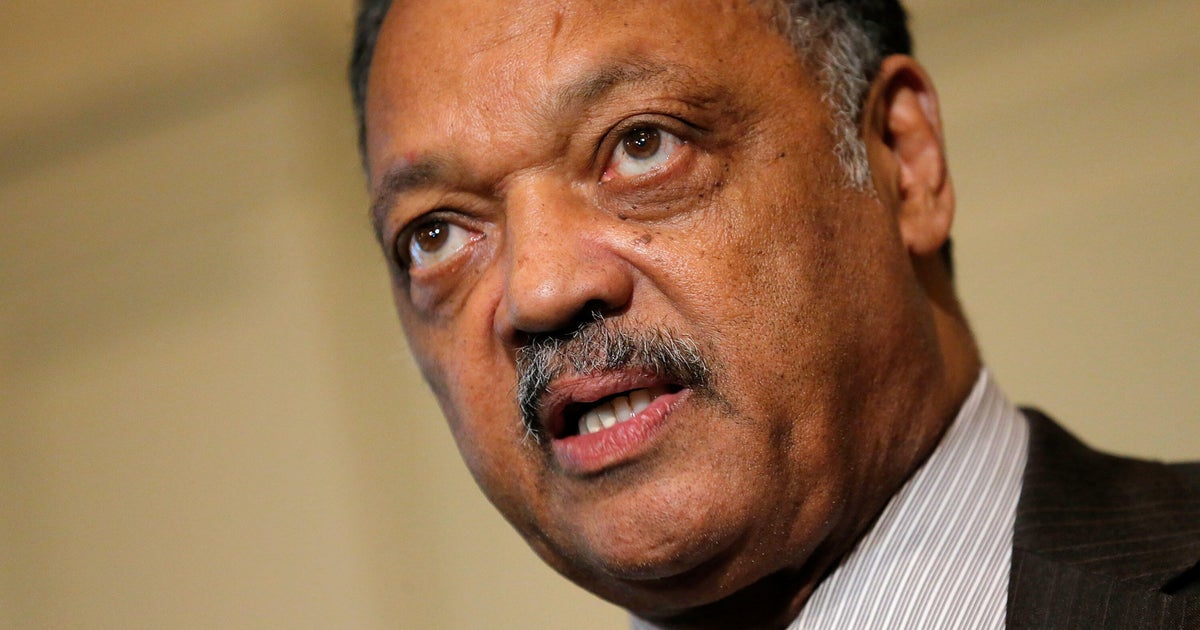Bernstein: NFL Players Are Gladiators, Like It Or Not
By Dan Bernstein-
CBSChicago.com Senior Columnist
(CBS) I give Eric Winston credit for standing up for his injured teammate, but his naiveté is striking.
Struggling Chiefs quarterback Matt Cassel was knocked cold by the Baltimore Ravens on Sunday, and backup Brady Quinn was quick to begin his warm-up throws on the sideline, prompting at least a vocal minority of fans at Arrowhead Stadium to cheer.
After the frustrating 9-6 loss dropped his team to 1-4, Winston railed against what he perceived to be the joy expressed by Chiefs fans over the injury to Cassel.
"We are athletes. We are not gladiators. This isn't the Roman Coliseum," he said.
He is right on only the first point.
"When somebody gets hurt there are long-lasting ramifications to the game we play – long-lasting ramifications," he continued. "I've already come to the understanding that I won't live as long because I play this game, and that's OK. That's a choice I've made. That's a choice all of us have made."
So he claims to not be a gladiator, and then immediately describes his job as just that.
NFL players may not perish immediately at the point of a broadsword, the spikes of a mace, or the jaws of a tiger, but there is no question that they sacrifice themselves for our amusement just as their ancient, Roman predecessors did for the cheering masses.
They still die to entertain us, only slower.
Instead of decapitation, we have concussion. Instead of disembowelment, we have shredded cartilage and ruptured ligaments. Instead of outright slaying, we have the cart-off – the wounded warrior immobilized on a backboard, making a clichéd thumbs-up gesture to tell everyone that he's OK, and everyone applauds, pretending to care.
Broken bones, ruined bodies, bruised brains and shortened lives. Fungible commodities in suits of armor, distracting us for three hours. Either Winston understands this or he doesn't.
At the peak of the era in Rome, around the first century BCE, the games were the same kind of huge business we see today. Feeder-systems, training schools, equipment-manufacturers, sponsorship dollars, political connections and wealthy owners, only missing TV contracts, dancing animated robots, and the superfluous sideline microphone-gargling of a sweat-drenched Tony Siragusa.
Slaves forced into arena combat have been glorified cinematically, but many participants – some believe half of them-- were indeed volunteers, mostly from the poor and disenfranchised classes. They gravitated to the opportunity for a structured life of training at the least, and the chances of prize money and property-ownership down the road.
It doesn't take much work to make connections over the years. In fact, it's a greater effort to ignore the obvious truth. War games are war games.
Winston wants to humanize a fundamentally inhuman spectacle, and it's both honorable and futile. Players are no longer just property owned by teams, but by individual fans. They are mere names on a roster, names on the fantasy team on the glowing laptop on the coffee table in front of the flat-screen. When one name has to be removed, another can replace it. We know on some level we are watching actual people, but in a way we are not.
Really, we don't want to think about it. We are content to let faces hide behind metal bars, understanding what they are doing to each other, and themselves, as we reach for another handful of chips and wash it down with another beer.
We may see Eric Winston again in 40 years, stooped and confused. His tired, sunken-eyed wife may be next to him, explaining to a panel of former players how difficult it is to care for him, now, keeping watch so that he doesn't again mistake his razor for his toothbrush. We may again pretend to care.
"He's a person, and he got knocked out of the game," Winston said Sunday.
I hear him, in that, saying "I'm a person."
Yet despite his distaste for the unfeeling fans, he will suit up again. He will sacrifice himself. There's something else he won't say, but we will hear from him and every NFL player, every week, in echoes from ages ago:
"Ave Imperator, morituri te salutant!"
Dan Bernstein joined the station as a reporter/anchor in 1995, and has been the co-host of Boers and Bernstein since 1999. Read more of Bernstein's columns, or follow him on Twitter: @dan_bernstein.
The Boers and Bernstein Show airs every weekday from 1PM to 6PM on The Score, 670AM (or you can listen online).
Listen to The Boers and Bernstein Show podcasts »







